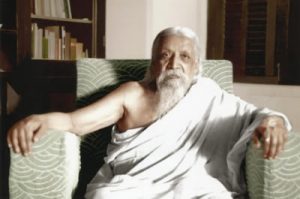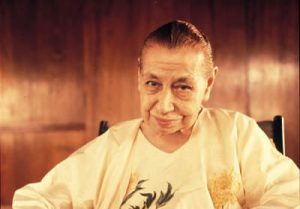Sri Aurobiondo about Savitri

I used Savitri as a means of ascension. I began with it on a certain mental level, each time I could reach a higher level I rewrote from that level. Moreover I was particular – if part seemed to me to come from any lower level, I was not satisfied to leave it because it was good poetry. All has to be as far as possible of the same mint. In fact, Savitri has not been regarded by me as a poem to be written and finished, but as a field of experimentation to see how far poetry could be written from one’s own Yogic consciousness and how far that could be made creative.
(29 March 1936)
Savitri is represented in the poem as an incarnation of the Divine Mother.
(3 November 1936)
In the new form it will be sort of poetic philosophy of the Spirit and of Life much profounder in its substance and vaster in its scope than was intended in the original poem. I am trying, of course to keep it at a very high level of inspiration, but in so large a plan covering most subjects of philosophical thought and vision and many aspects of spiritual experience there is bound to be much variation of tone: but that is, I think, necessary for the richness and completeness of the treatment.
(1946)
[I]f I had to write for the general reader I could not have written Savitri at all. It is in fact for myself that I have written it and for those who can lend themselves to the subject matter, images, technique of mystic poetry. … ….The mystic feels real and present, even ever-present to his experience, intimate to his being, truths which to the ordinary reader are intellectual abstractions or metaphysical speculations. He is writing of experiences that are foreign to the ordinary mentality. Either they are unintelligible to it and in meeting them it flounders about as in an obscure abyss or it takes them as poetic fancies expressed in intellectually devised images. … To the mystic there is no such thing as an abstraction. Everything which to the intellectual mind is abstract has a concreteness, substantiality which is more real than the sensible form of an object or of a physical event. …The mystical poet can only describe what he has felt, seen in himself or others or in the world just he has felt or seen it or experienced through exact vision, close contact or identity and leave it to the general reader to understand or not understand or misunderstand according to his capacity. A new kind of poetry demands a new mentality in the recipient as well as in the writer.
(19 March 1946)
The Mother about Savitri
